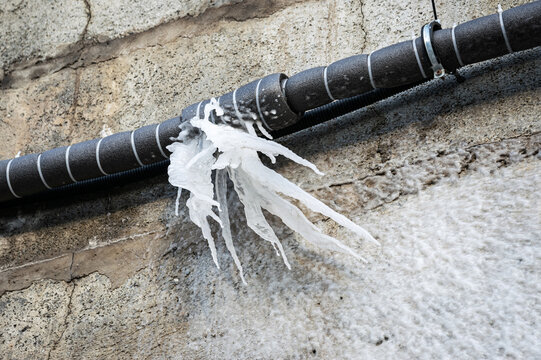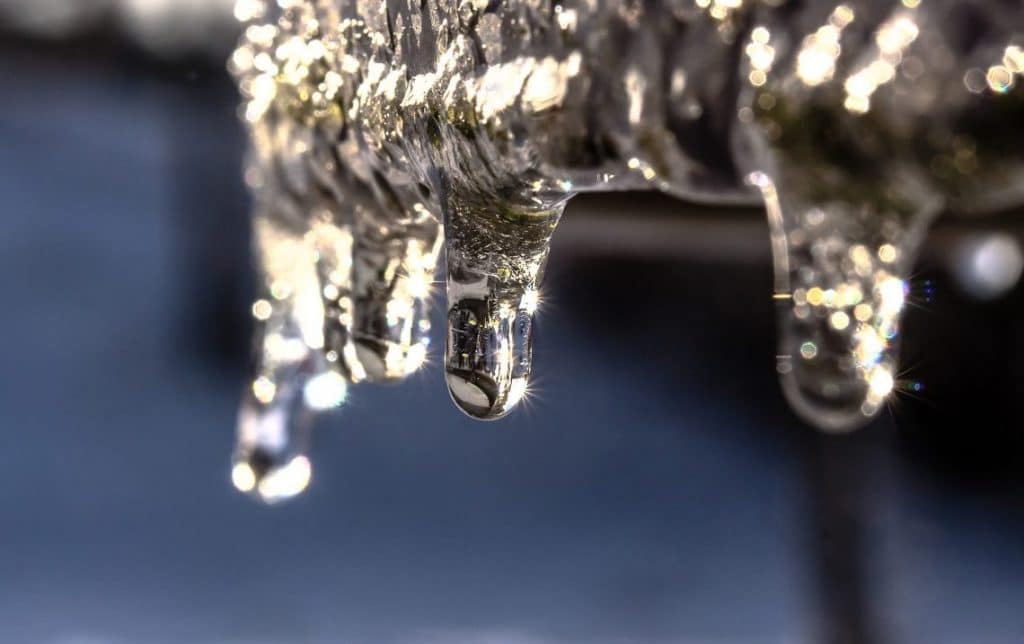Avoiding Frozen Plumbing: Top Strategies for Winter
Avoiding Frozen Plumbing: Top Strategies for Winter
Blog Article
Do you find yourself trying to find critical info involving How To Avoid Freezing Pipes?

Winter can damage your plumbing, particularly by freezing pipes. Below's just how to avoid it from occurring and what to do if it does.
Introduction
As temperature levels decline, the danger of frozen pipelines boosts, potentially leading to pricey repair work and water damage. Recognizing exactly how to prevent icy pipes is critical for house owners in cold environments.
Understanding Icy Pipes
What creates pipes to ice up?
Pipelines freeze when revealed to temperatures listed below 32 ° F (0 ° C) for extended periods. As water inside the pipelines ices up, it broadens, taxing the pipe walls and possibly creating them to burst.
Dangers and problems
Icy pipelines can result in water supply interruptions, property damage, and costly repair work. Ruptured pipelines can flood homes and cause comprehensive architectural damages.
Indicators of Frozen Pipes
Identifying icy pipelines early can stop them from breaking.
Exactly how to determine frozen pipes
Seek lowered water circulation from faucets, unusual smells or sounds from pipes, and noticeable frost on subjected pipes.
Prevention Tips
Shielding prone pipes
Cover pipes in insulation sleeves or make use of warm tape to protect them from freezing temperature levels. Focus on pipelines in unheated or outside locations of the home.
Heating strategies
Keep indoor spaces appropriately heated up, specifically areas with plumbing. Open up cabinet doors to allow warm air to circulate around pipelines under sinks.
Shielding Exterior Plumbing
Garden pipes and outdoor faucets
Separate and drain garden tubes before winter season. Mount frost-proof spigots or cover outdoor faucets with protected caps.
What to Do If Your Pipelines Freeze
Immediate activities to take
If you think frozen pipelines, maintain taps open to ease stress as the ice melts. Make use of a hairdryer or towels soaked in warm water to thaw pipes slowly.
Long-Term Solutions
Structural changes
Consider rerouting pipes away from exterior wall surfaces or unheated areas. Add added insulation to attic rooms, basements, and crawl spaces.
Updating insulation
Purchase top notch insulation for pipes, attic rooms, and walls. Correct insulation assists maintain constant temperatures and lowers the danger of icy pipes.
Verdict
Avoiding icy pipes needs aggressive steps and fast responses. By comprehending the reasons, indications, and preventive measures, property owners can safeguard their plumbing throughout winter.
Helpful Tips to Prevent Frozen Pipes this Winter
UNDERSTANDING THE BASICS: WHY PIPES FREEZE AND WHY IT’S A PROBLEM
Water freezing inside pipes is common during the winter months, but understanding why pipes freeze, and the potential problems it can cause is crucial in preventing such incidents. This section will delve into the basics of why pipes freeze and the associated problems that may arise.
THE SCIENCE BEHIND FROZEN PIPES
When water reaches freezing temperatures, it undergoes a physical transformation and solidifies into ice. This expansion of water as it freezes is the primary reason pipes can burst. As the water inside the pipe freezes, it expands, creating immense pressure on the walls. If the pressure becomes too great, the pipe can crack or rupture, leading to leaks and water damage.
FACTORS THAT CONTRIBUTE TO PIPE FREEZING
Low Temperatures: Extremely cold weather, especially below freezing, increases the risk of pipes freezing. Uninsulated or Poorly Insulated Pipes: Pipes located in unheated areas, such as basements, crawl spaces, or attics, are more prone to freezing. Insufficient insulation or lack of insulation altogether exacerbates the problem. Exterior Wall Exposure: Pipes running along exterior walls are susceptible to freezing as they encounter colder temperatures outside. Lack of Heating or Temperature Regulation: Inadequate heating or inconsistent temperature control in your home can contribute to frozen pipes. PROBLEMS CAUSED BY FROZEN PIPES
- Pipe Bursting: As mentioned earlier, the expansion of water as it freezes can cause pipes to burst, resulting in significant water damage.
- Water Damage: When pipes burst, it can lead to flooding and water damage to your property, including walls, ceilings, flooring, and personal belongings.
- Structural Damage: Prolonged exposure to water from burst pipes can compromise the structural integrity of your home, leading to costly repairs.
- Mold and Mildew Growth: Excess moisture from water damage can create a favorable environment for mold and mildew growth, posing health risks to occupants.
- Disrupted Water Supply: Frozen pipes can also result in a complete or partial loss of water supply until the issue is resolved.
WHY CERTAIN PIPES ARE MORE PRONE TO FREEZING
- Location: Pipes located in unheated or poorly insulated areas, such as basements, crawl spaces, attics, or exterior walls, are at higher risk of freezing.
- Exterior Pipes: Outdoor pipes, such as those used for irrigation or exposed plumbing, are particularly vulnerable to freezing as they are directly exposed to the elements.
- Supply Lines: Pipes that carry water from the main water supply into your home, including the main water line, are critical to protect as freezing in these lines can affect your entire plumbing system.
- Underground Pipes: Pipes buried underground, such as those connected to sprinkler systems or outdoor faucets, can be susceptible to freezing if not properly insulated.
https://busybusy.com/blog/helpful-tips-to-prevent-frozen-pipes-this-winter/

As a fervent person who reads about How to Prevent Your Pipes From Freezing, I was thinking sharing that excerpt was really useful. Appreciated our write up? Please quickly share it. Help other people locate it. I am grateful for your time. Return soon.
Schedule And Pricing Report this page